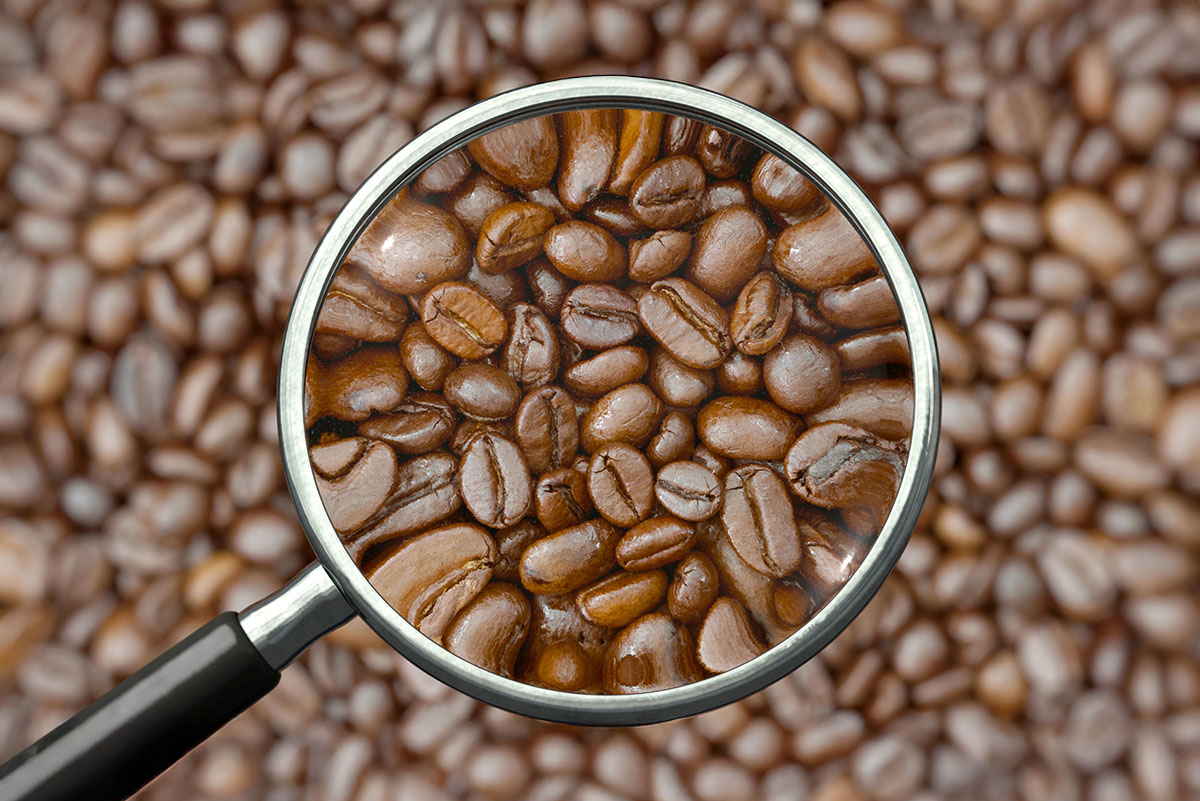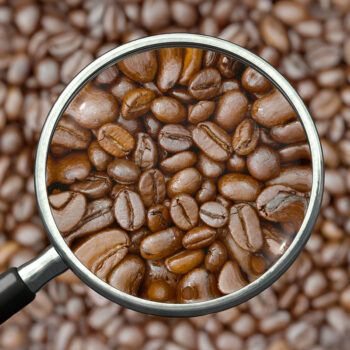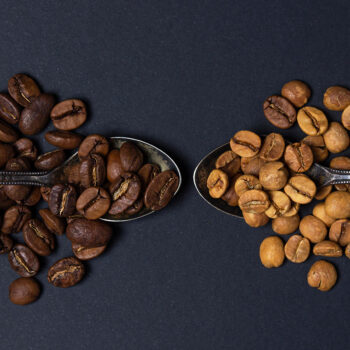Introduction
Coffee has been a staple in the United States before it was even a country. Coffee is so deeply ingrained in the American culture that many can’t imagine life without it! The U.S. economy depends on coffee just as much as its citizens do. Coffee’s contribution to the nation’s GDP is greater than the combined contributions of movies, video games, and computers. Consumers spent $74.2 billion on coffee in 2015 alone.
Coffee contribution towards the U.S. GDP
There are over 100,000 coffee shops in the United States. That includes around 80,000 Starbucks and more than 20,000 Dunkin Donuts locations. Together they contribute $28 billion to U.S. GDP in taxes! Coffee roasting companies also produce a sizeable economic impact on the nation’s economy. Approximately 450 roasters were operating in 2012 that contributed $15 million to national income. And it doesn’t stop there, money spent on creamer, sweeteners, cups, and milk/ milk substitutes also contributes greatly to the revenue that is contributed to the GDP from the coffee industry.
Dollars spent in the Coffee Industry
Total dollars spent on the coffee industry in 2015 was approximately $225.2 billion. The total number of jobs in the coffee industry rose immensely.
More than 400,000 people work full-time at coffee shops and companies across America. These numbers are projected to grow as more millennials enter the workforce. This demographic is known for favoring independent cafes over chain stores like Starbucks or Dunkin Donuts. With growing interest from young adults, it’s safe to say that the nation’s love affair with coffee isn’t going away anytime soon. We can all be thankful that this crop brings us so much utility while also benefitting the national economy through job creation and economic production; even if it does make us a little jittery along the way!
Increased Retail spending by U.S. Citizens
Spending of money by citizens from the US is highly inclined towards retail and not home equipment. The inclination serves as a testimony to the fact that citizens are more inclined towards cafes, coffee shops, and restaurants for their daily fix of caffeine; rather than a home espresso maker. The number of coffee shop chains has increased significantly in the US from 80,000 to over 400,000 over the past couple of years; with Starbucks and Dunkin Donuts being the two largest contributors among them. Coffee shops contribute approximately $28 billion to national income through taxes alone! Moreover, about 450 roasters are operating across America which adds another $15 million to national income. These numbers serve as evidence of how much citizens rely on cafes and restaurants for their daily fix of caffeine rather than opting for a home espresso maker or even instant coffee packs at home. This influx of expenditures on coffee in a retail setting also helps boost the economy and funnel revenue into the GDP.
Conclusion
The coffee industry is highly profitable for the US economy, not only due to its direct contribution through taxes but also because of indirect contributions made by downstream industries related to it. The number of jobs in this industry has increased considerably over the past several years and so have their wages. All these factors contribute towards creating a positive impact on national income which can be used for other purposes.
Coffee Shops in Frisco, Tx
If you are looking for coffee shops to hang out and get some work done at in Frisco, Tx, or a quick caffeine fix at a drive thru coffee shop in Frisco, come check out Mochas & Javas! Check out the menu on our website!







